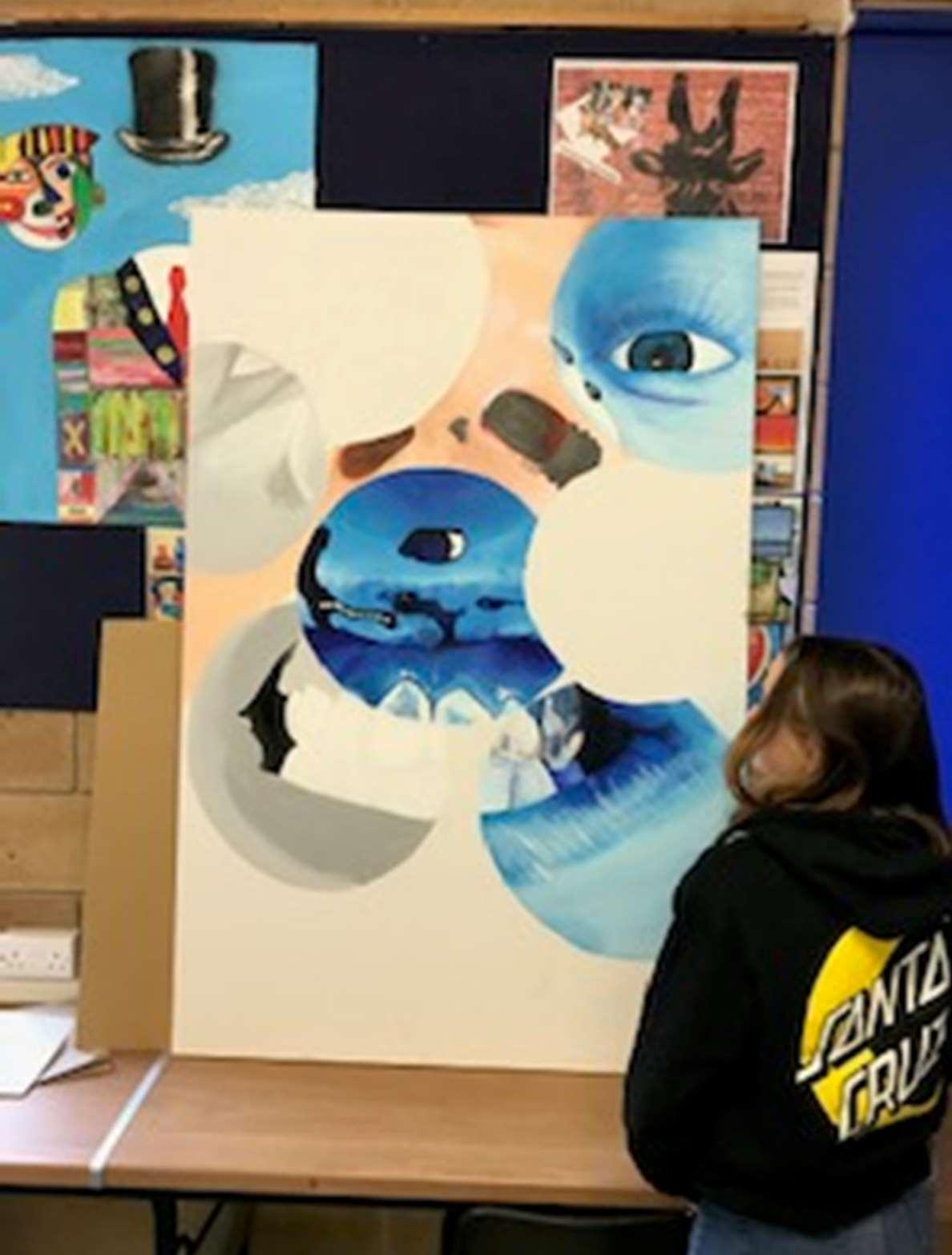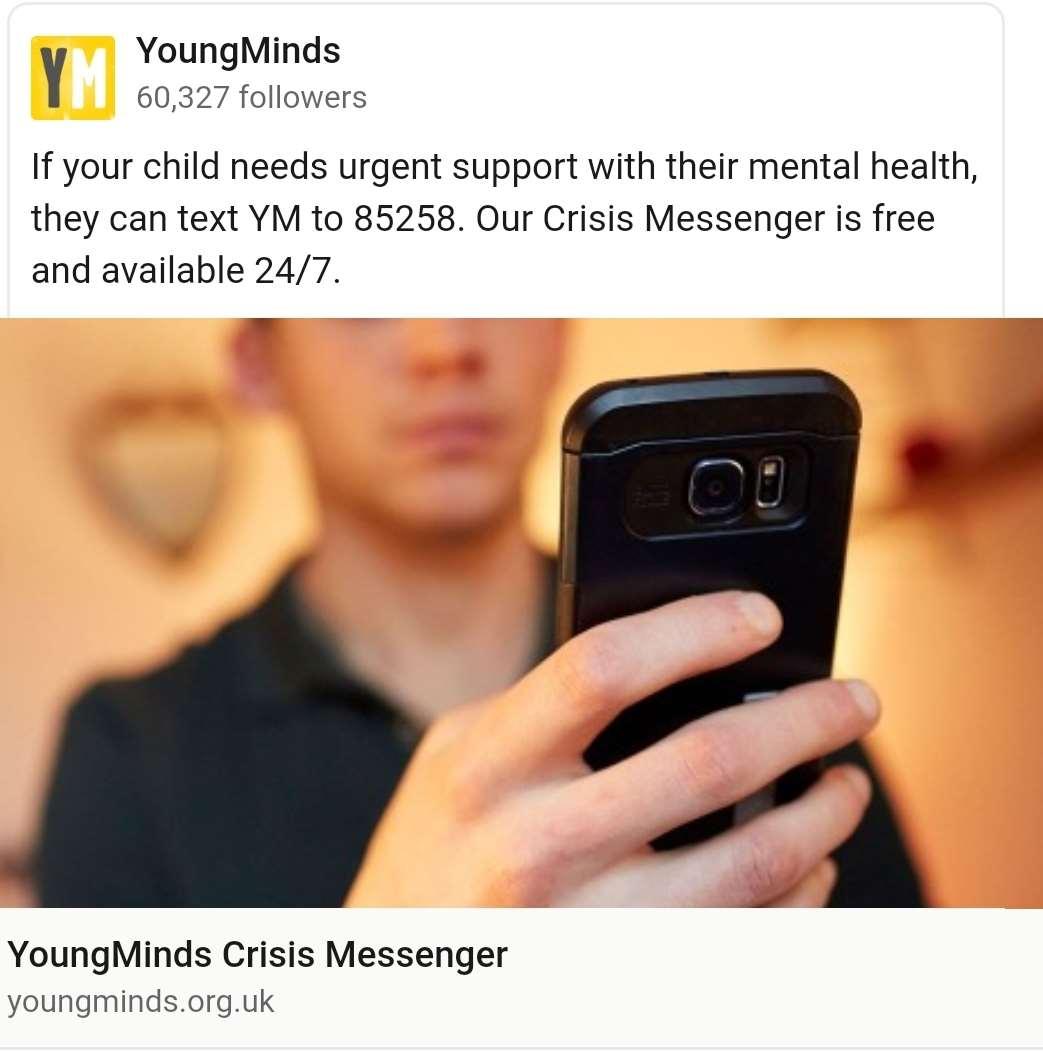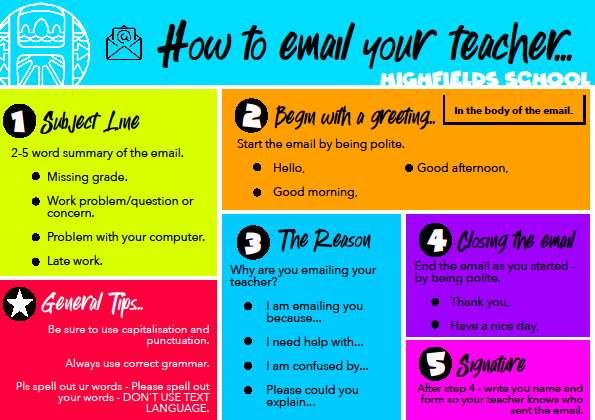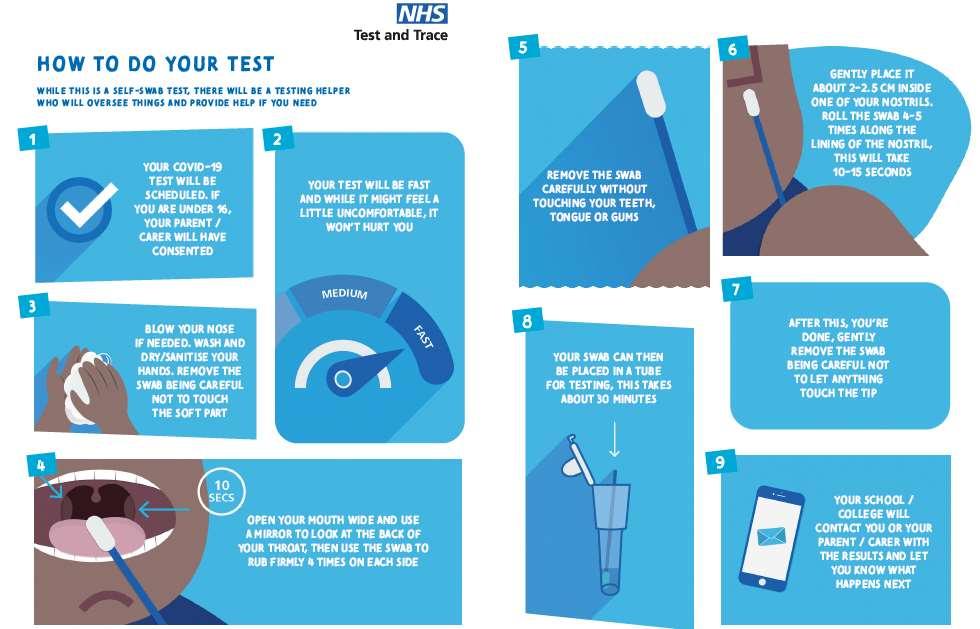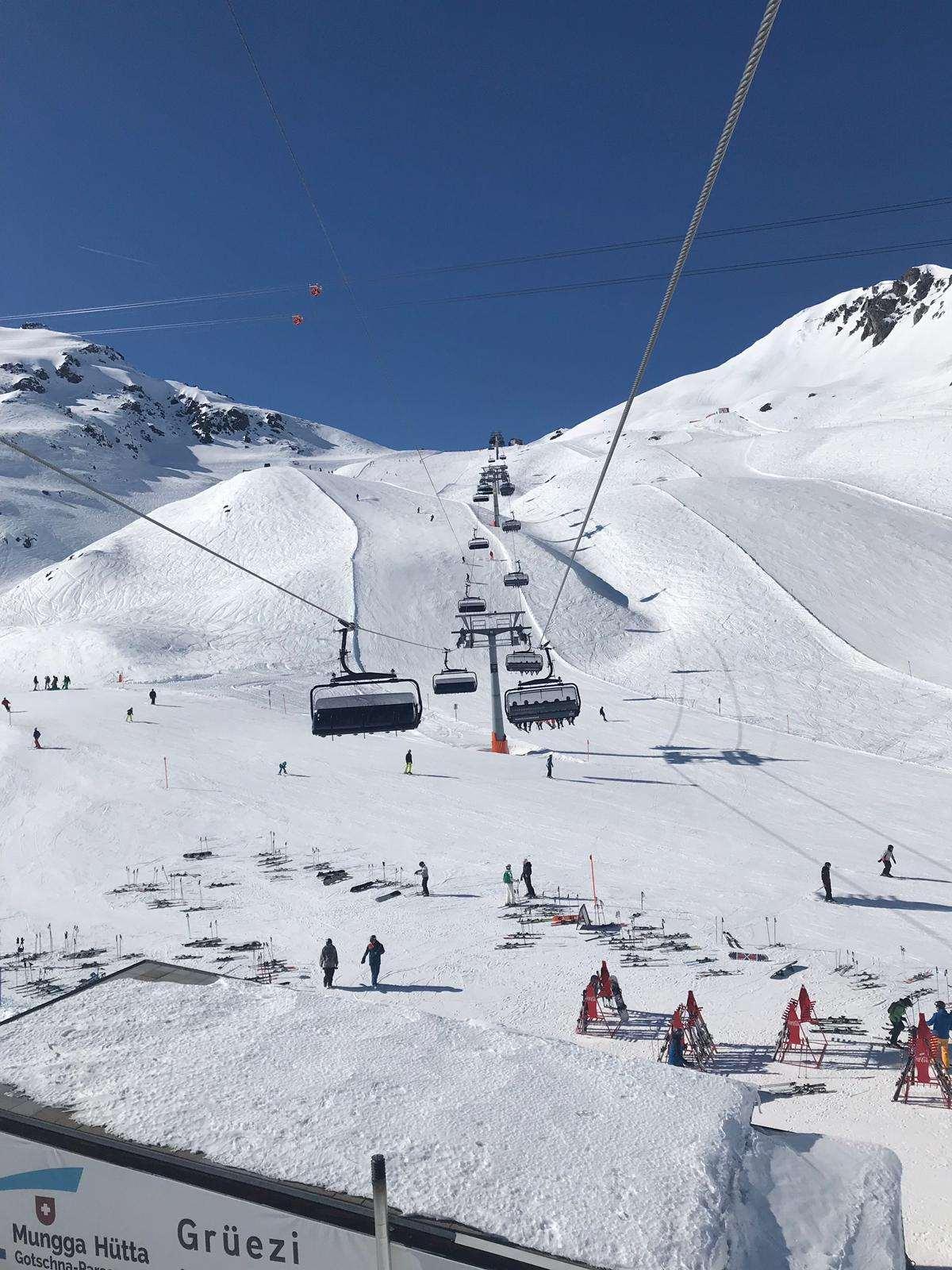
3 minute read
Message from the head
Families whose children attend Starkholmes site may be aware that Derbyshire have had difficulties recruiting a school crossing patrol person. For this reason, from time to time, I make it my business to check on our students’ behaviour as they cross the road opposite the pub. I never actually assist them across the road because most of the time they will need to do it unaided. But I do occasionally speak to students whose crossing technique is not safe.
Anyway, as I was stood opposite the pub (gazing wishfully into its darkened windows) a car pulled up on the street. The woman in it was clearly shouting something to me. In previous schools this was not usually a good sign but in this case it turned out that she was trying to communicate over the traffic about how much her son loves the school. I was very touched at this outburst of support and particularly that (I think) she referenced the fact that our presence on a crossing, which is quite a distance from the school entrance, demonstrates our commitment to our students. As I have suggested a number of times, there are areas of the school which need improvement and I cannot second guess how Ofsted inspectors might judge the schools after spending a few hours in its classrooms… but I can tell you that we care very much about our students.
Advertisement
In classrooms this week we were focusing on promoting kind and considerate behaviour with a particular eye on students whose learning was impacted by lockdown (in school we tend to refer to these as students at risk of underachievement or SARU for short). We agreed at a training session on Tuesday evening to prioritise three in-lesson strategies:
1. Strong start and end to lessons - our 100 minute lessons need special planning if they are to remain engaging and effective throughout.
2. Cold call - this is a questioning technique in which the teacher uses careful, targeted questioning to check the learning of students, especially SARU.
3. Modelling - this is where the teacher clearly demonstrates what students (especially SARU) are aiming for. This can be done in myriad ways.
We chose these things because we noticed from our lesson visits that teachers using these techniques were getting some good learning from SARU.
When we dropped into lessons this week we were looking for examples to celebrate and, as usual, saw far too much to mention here. In a PSE lesson the teacher achieved a strong start by using the register creatively to get students to recall learning from the last lesson.
In a chemistry lesson the teacher asked student to write their answers on mini-whiteboards then fired a ‘cold call’ question to a student on the back row who he later made clear had had some misunderstandings earlier in the lesson.
Also in a DT lesson the teacher carefully modelled a tricky bit of soldering before the students were set loose with their own soldering iron (see pic), and in a history lesson (and plenty of others including film and English) the teacher was leading Y11 students, line by line, through a model answer, taking time to map where knowledge and skills had been clearly demonstrated.
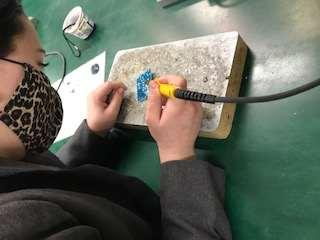
Finally, I was asked by art teachers to look at the developing work of Bella R in Y13 whose work is deliberately controversial. The detail she showed me was the result of her putting black treacle on her subject’s skin. Totally fascinating (see pic of work in progress).
Thanks for reading - I hope you find it useful to hear how we are trying our best to nurture EVERY SINGLE ONE of our students to be the best they can.
Have a lovely weekend.
We are Highfields (always).
